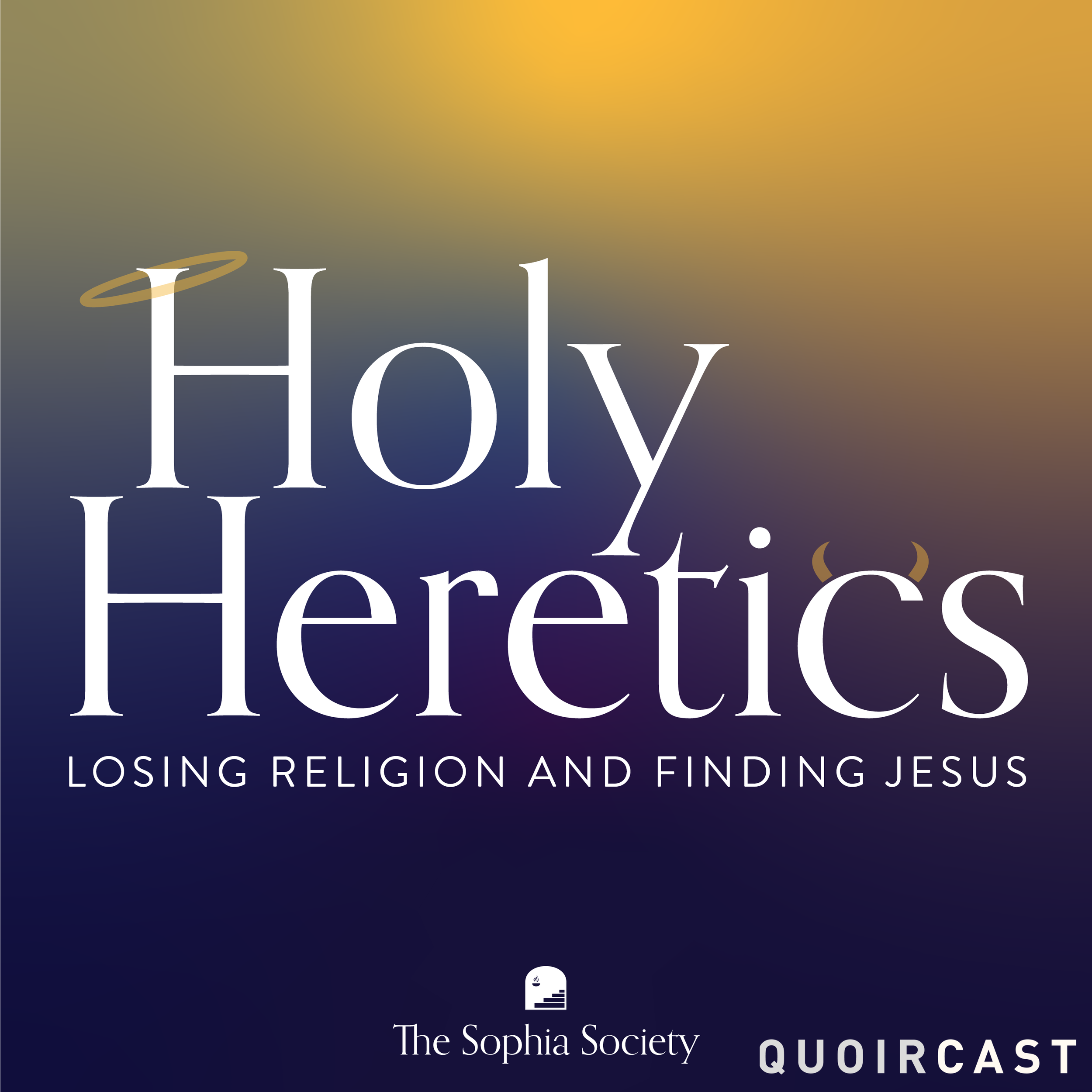The Politics of Jesus
I’m not sure if you’ve heard, but there is a Presidential Election next week.
It promises to be one of the most factious contests in American history, dividing a nation and even pitting Christianity against itself. 82% of white evangelicals are expected to vote to keep President Trump for a second term, while 88% of Black Protestants are anticipated to support challenger Joe Biden. For those of us whose political leanings are shaped by faith, we no longer worry about whether the Bible calls us to direct political action, but rather ask what kind of political affinity best represents the Gospel. According to theologian Christian Smith, “The good news of the evangelical Mennonite is very, very different from the good news of the conservative, Republican evangelical.”
“Let us not make the mistake of assuming Jesus was somehow apolitical.”
Unlike Southern Baptist Theological Seminary president Al Mohler's endorsement of President Trump or the Vote Common Good movement of 1,600 pastors championing Mr. Biden, we will not tell you who to vote for. For those of us who claim ultimate allegiance to Jesus, we’d do well to approach public policy with a great degree of apprehension. Or as ethicist Stanley Hauerwas quipped, “Christians should get involved in politics the way porcupines make love, very carefully.” Any attempt to reconcile the politics of Jesus with a particular and fallible political platform is a fool’s errand.
But let us not make the mistake of assuming Jesus was somehow apolitical. Modern Christianity often suffers from an impoverished “privatism”, domesticating the subversive Jesus into a “personal Savior” of afterlife affairs. But like civil rights activist John Lewis, Jesus got into a lot of “good trouble”. We know this because Roman crucifixion was specifically reserved for political enemies, not religious dissenters. The Roman Empire could care less which god if any you served just as long as you didn’t have the audacity to question law and order. Jesus was killed because he was a threat to the dominant order of things, he was a threat to politics as usual. And since politics has always had to do with power, people, and prosperity, it’s no wonder Jesus had something revolutionary to say about the unjust systems and structures of his day. So when he announced “The Kingdom of God is at hand”, Jesus was putting the kingdoms of this world, both then and now, on notice.
New Testament scholar John Dominic Crossan writes, “‘Kingdom of God’ is a political as well as a religious metaphor. To his hearers, it would have suggested a kingdom very different from the kingdoms they knew, very different from the domination systems that ruled their lives.” In fact, the word “Gospel” was a Hellenistic expression literally translating as “news of political victory”. And what made this news so good after all? Jesus’ revolutionary political platform demanded enemy love (which means you don’t kill them), solidarity with the poor, the distribution of wealth, welcoming the stranger, radical feminism, and racial equality. Is it any wonder the marginalized loved Him while the rich and powerful wanted Him dead?
In what may be the most revolutionary political statement ever made, Jesus proclaims, “Whatever you did to one of the least of these brothers and sisters of mine, you did unto me.” Neither Marx in his wildest dreams nor Thomas Moore’s Utopia nor the most self-evident truths unveiled by the Founding Fathers comes close to approaching the radical public policy contained in this one statement. “The least human person—the dregs, the poorest, the least attractive or productive, the least wanted, the most homely, unintelligent, or unappealing, the most neglected or forgotten person—is identified with Jesus himself,” explains Jesuit professor John Kavanaugh.
And who, dare we ask, are the least among us today? They are the children still in cages at our border, George Floyd and the countless black men murdered by police brutality, the unborn, our Muslim neighbors, the sick who have no access to healthcare, the old and abandoned, our LGBTQ+ brothers and sisters wondering what next year will look like for their families, the countless women struggling with an unwanted pregnancy, the 2.4 million Iraqi civilian deaths since 2003, victims of white supremacy, and children trafficked for sex.
To turn away from these in the name of pragmatism, religion, or political platform is to reject the very Christ we claim to profess.
In light of this, ask yourself this haunting question: Which candidate will do the least amount of harm to the least of these?
Which candidate will champion the rights and dignity of the marginalized, even if it means paying a personal, economic, or social price? For those of us who are relatively privileged based on race, sexual orientation, or economic situation, what are you willing to sacrifice in order to ensure the least human person is afforded dignity, value, and agency? Because if your version of the Gospel “isn’t good news for everyone, it’s not good news for anyone,” warns activist and author Lisa Sharon Harper.
The starting point for any political decision is a rereading of the Jesus file. And what we find is a brown, poor, colonized, oppressed, victim of state-sanctioned brutality who died at the hands of law and order. The God we claim to serve looks similar to so many of the people that will be impacted the most by Tuesday’s outcome. So go vote like His life depends on it, because in so many ways, it does.








Was America ever a Christian country? If you or someone you love continues to labor under the illusion that America is a Christian nation, here are three realities that debunk the myth that America was and should become once again a Christian nation.